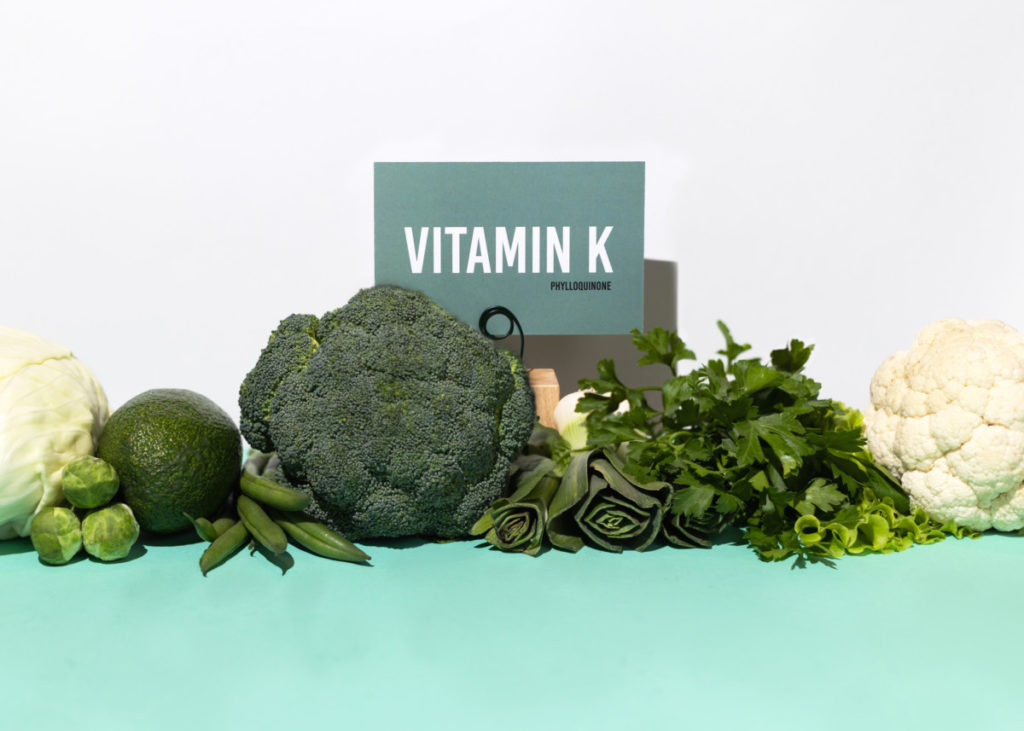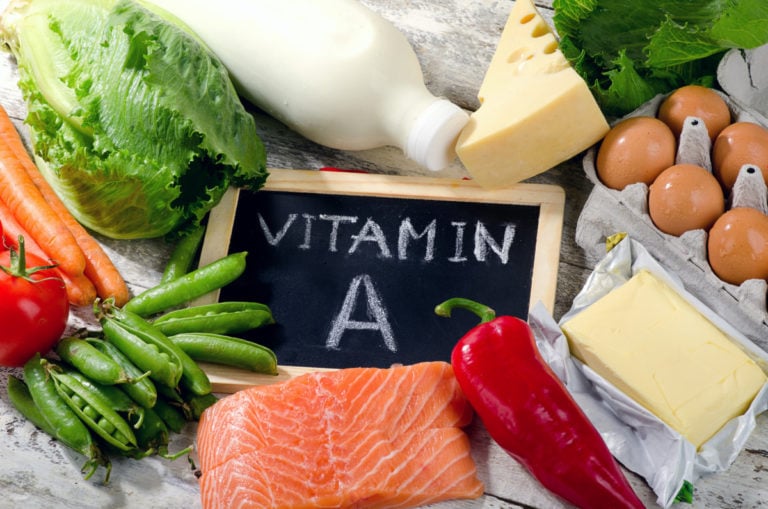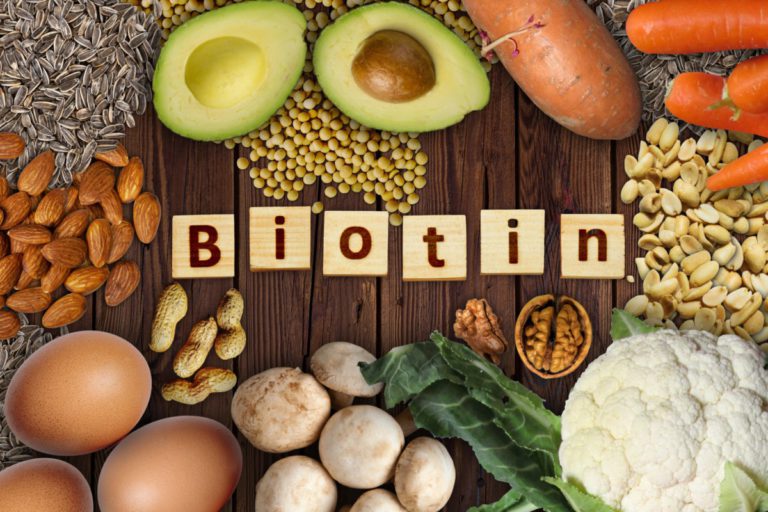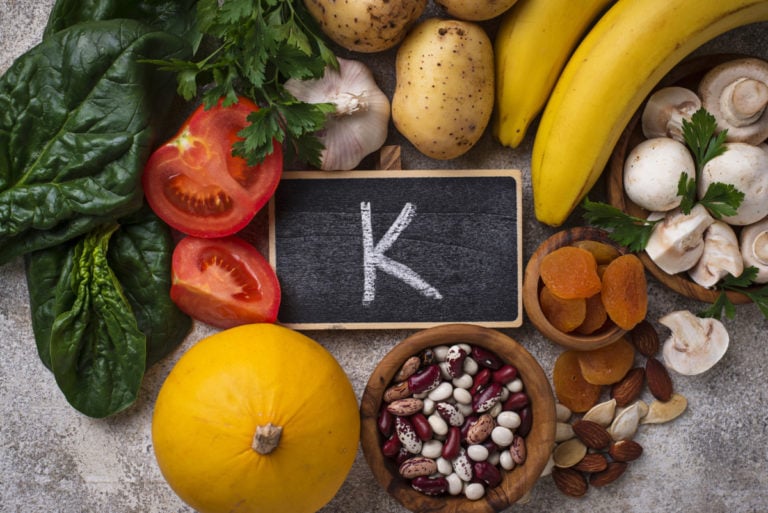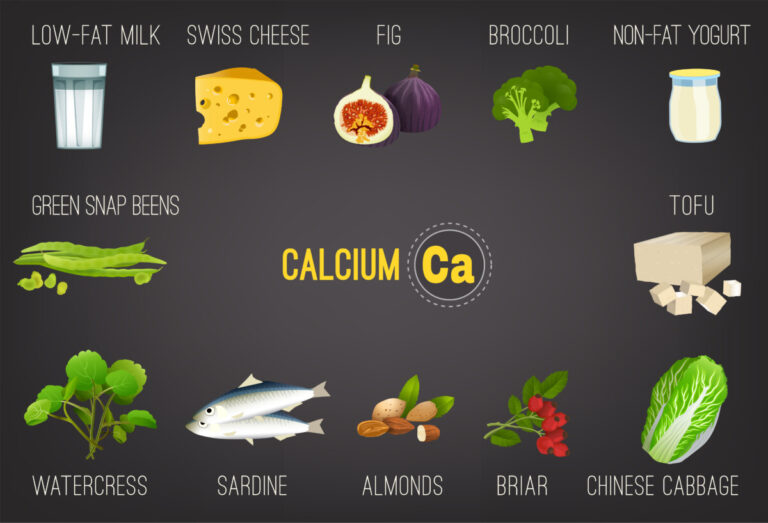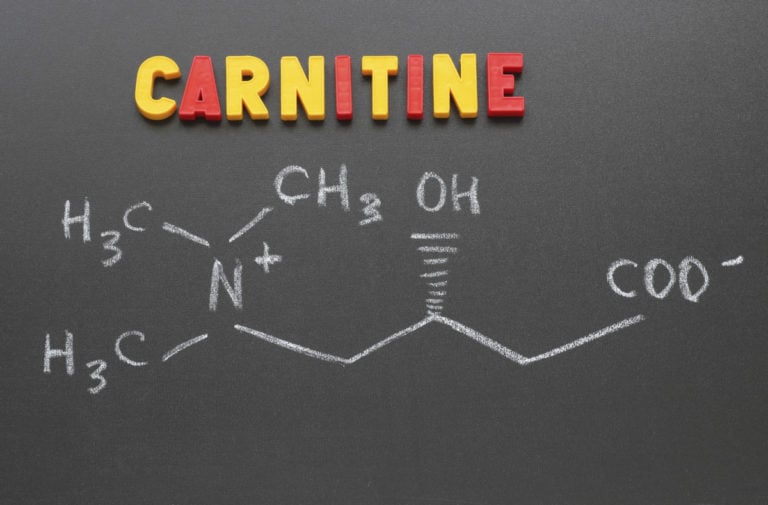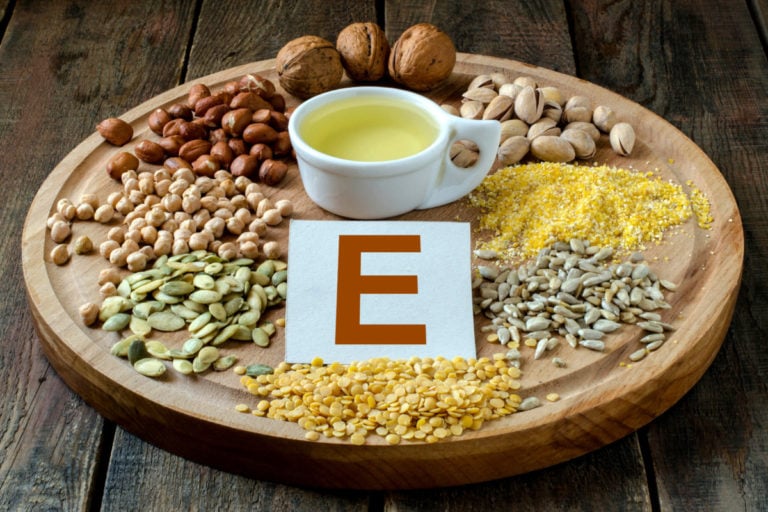Vitamin K is a group of fat-soluble vitamins that play a vital role in blood clotting, bone metabolism, and regulating blood calcium levels.
Green vegetables contain vitamin K1 (phylloquinone) and vitamin K2 (menaquinone), which is synthesized in the digestive system. What are the causes and symptoms of vitamin K deficiency? Why is it given to newborns immediately after birth?
What is Vitamin K for
Vitamin K is a group of organic chemical compounds containing:
- vitamin K1 (phylloquinone);
- Vitamin K2 (menaquinone) – short chain menaquinones (including MK-4) and long chain menaquinones (MK-7, MK-8, MK-9).
Vitamins K1 and K2 differ in their chemical structure, phylloquinone has less bioavailability. Also, it is worth noting that K2 MK-7 has a higher bioavailability than MK-4. Vitamin K3 (menadione) is also highlighted in the literature – it is a synthetic provitamin that does not occur naturally in nature.

Vitamins K1 and K2 are fat-soluble compounds, while vitamin K3 is water-soluble compounds.
Along with vitamin D and calcium, vitamin K plays an important role in maintaining bone health, preventing osteoporosis, among other things. By taking vitamin D, we increase the need for vitamin K2, which has a positive effect on calcium absorption. If we cannot provide enough of them using a balanced diet, vitamin D, K and calcium supplements can be included. In the pharmacy you can find both single and combined drugs.
It is estimated that about 90% of vitamin K1 is converted to vitamin K2 (MK-4 form). The transformation process takes place in the testicles, pancreas and arterial walls. The human body almost exclusively produces the MK-4 form, which, as mentioned, is less active than the MK-7 form.
Vitamin K for newborns
The requirement for vitamin K (phylloquinone) for infants is set at 5 micrograms for children under 6 months of age and 8.5 micrograms per day for children aged 6 to 12 months.
In infants, self-medication with vitamin K is limited and should only be used after consulting a pediatrician. According to the recommendations of pediatricians, every newborn after birth should receive prophylactic vitamin K1. The preferred route of administration of vitamin K1 is IM, while when parents refuse to administer vitamin K1 IM, it is given orally.
Vitamin K for adults
Vitamin K norms for adults: 65 micrograms for men and 55 micrograms per day for women. Other professional sources indicate that the daily requirement for vitamin K is 75 micrograms, sometimes it is reported that this value is higher at 120 micrograms per day for adults.
However, these sources do not distinguish between vitamin K and vitamin K1 or K2. It is often emphasized that the K2 MK-7 form has an advantage over the K2 MK-4 form (the MK-7 form is more active than the MK-4 form). It is also important to know that the above values refer to the requirement of the liver for vitamin K (synthesis of blood clotting factors), while the requirement for vitamin K for other tissues of the body has not been determined.
What foods contain Vitamin K
Vitamin K1 is synthesized in plants, it is mainly found in such green vegetables:
- spinach;
- lettuce;
- cabbage;
- broccoli;
- brussels sprouts;
- parsley;
- asparagus
Smaller amounts of phylloquinone are also found in rapeseed oil, soybean oil, and olive oil. This compound is also present in margarine, mayonnaise, yogurt, and plums.
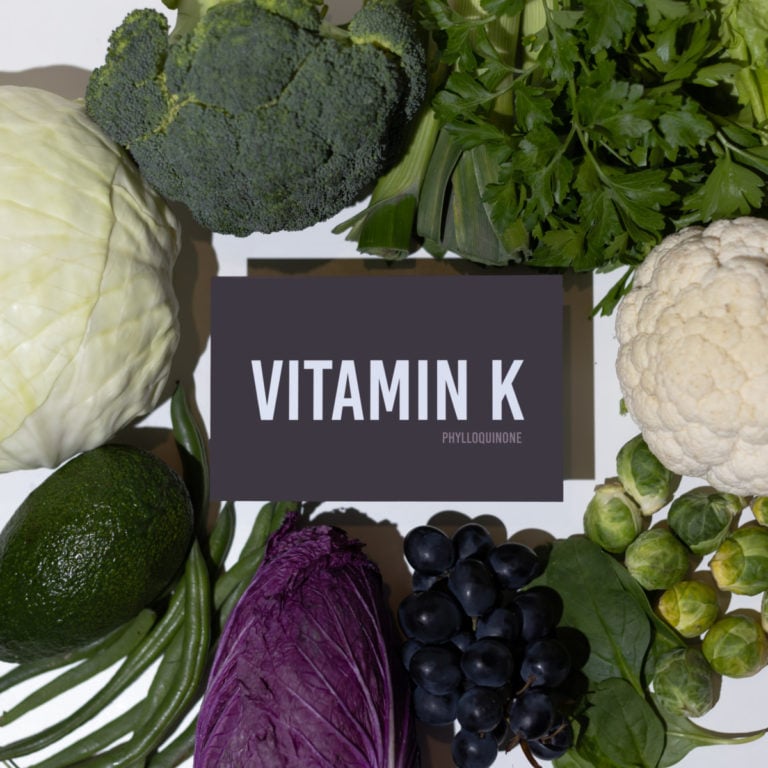
Vitamin K2 is produced by bacteria in the small intestine. The deficiency can be filled by the consumption of animal products containing menaquinone.
It:
- chicken liver;
- beef;
- chicken meat;
- salami;
- fermented milk products;
- egg yolks;
- hard cheeses;
- soft (blue) cheeses;
- fish.
Vitamin K2 is also found in spices such as basil and coriander, as well as bread and sauerkraut.
Vitamin Deficiency
In adults, vitamin K2 deficiency is relatively rare. Symptoms of an insufficient amount of vitamin K in the body include, first of all, a tendency to bleed from the mucous membranes, the gastrointestinal tract or urinary system, and increased blood clotting time. This is due to a decrease in the activity of blood clotting factors. Vitamin K deficiency symptoms can also include bruising and heavy menstrual bleeding.
In newborns, vitamin K deficiency can be the cause of the so-called neonatal hemorrhagic disease. There are three forms:
- early (rare, affects newborns who have not received a prophylactic dose of vitamin K);
- classic (from the 2nd to the 7th day of life);
- late (rare).
Bleeding as a result of vitamin K deficiency in newborns is a life-threatening condition. Bleeding can occur, for example, in the form of a hemorrhage in the brain or other internal organs.
